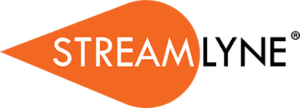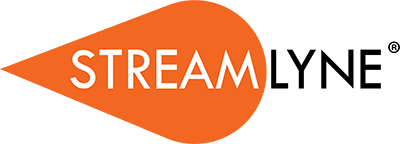
Since 2003 our company principles have set Streamlyne apart and supported our goal of making research administration easier, more efficient, and safer than ever before. As part of our 20th anniversary celebration, over the year we are highlighting 20 Lessons Learned, all of which make Streamlyne the gold standard in research administration.
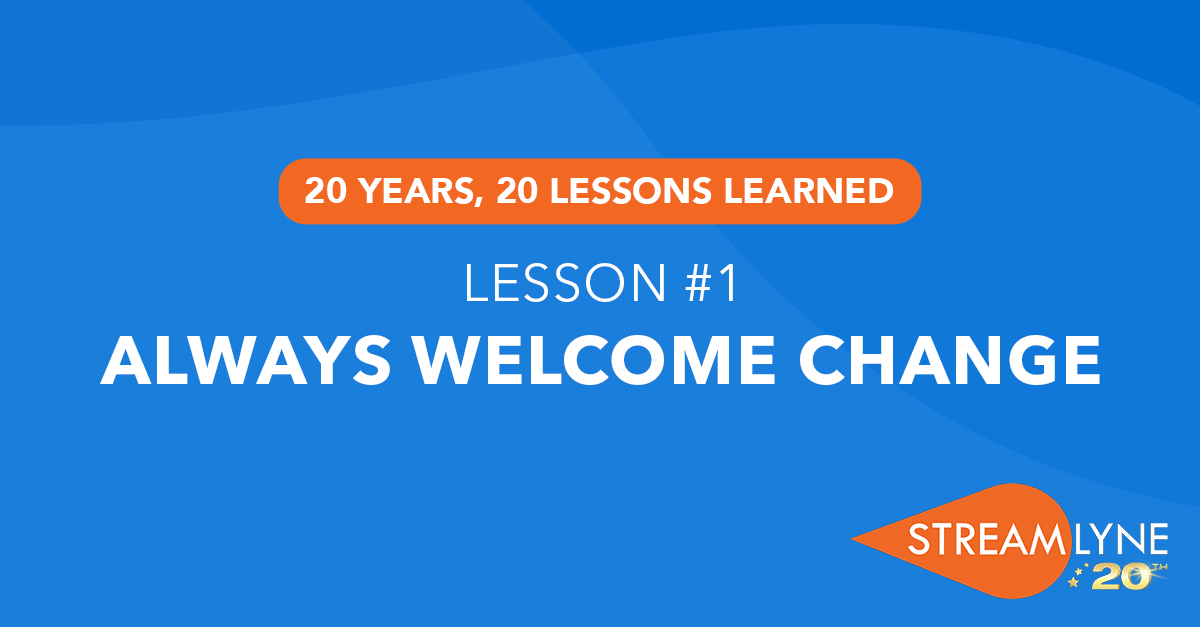
Always welcome change. Change is a constant.
Over the last 20 years, the worlds of business, technology, and research administration have seen major shifts. Streamlyne has had our own changes as well: changes in name, look, refinements of purpose and mission. Over this time, we’ve learned that being agile is necessary to stay ahead of customer needs. This is because needs inevitably change and evolve.
This is why we embrace change: it is an adaptive mindset we have built into our mission, our methods, and our products. While the big leaps get all the attention, staying on top of incremental changes have allowed us to quickly adjust when those big leaps happen. Whether it’s minor adjustments in institutional operations or major disruptions of the status quo, every challenge is an opportunity to create innovative solutions. Likewise, each new solution has the potential to become an industry standard.
With every endeavor, we are ready to accept and face the difficulties that present themselves. We are prepared to rise to the challenge. And we enter the next 20 years with a vision and a plan, and also the willingness to be adaptive to whatever comes.
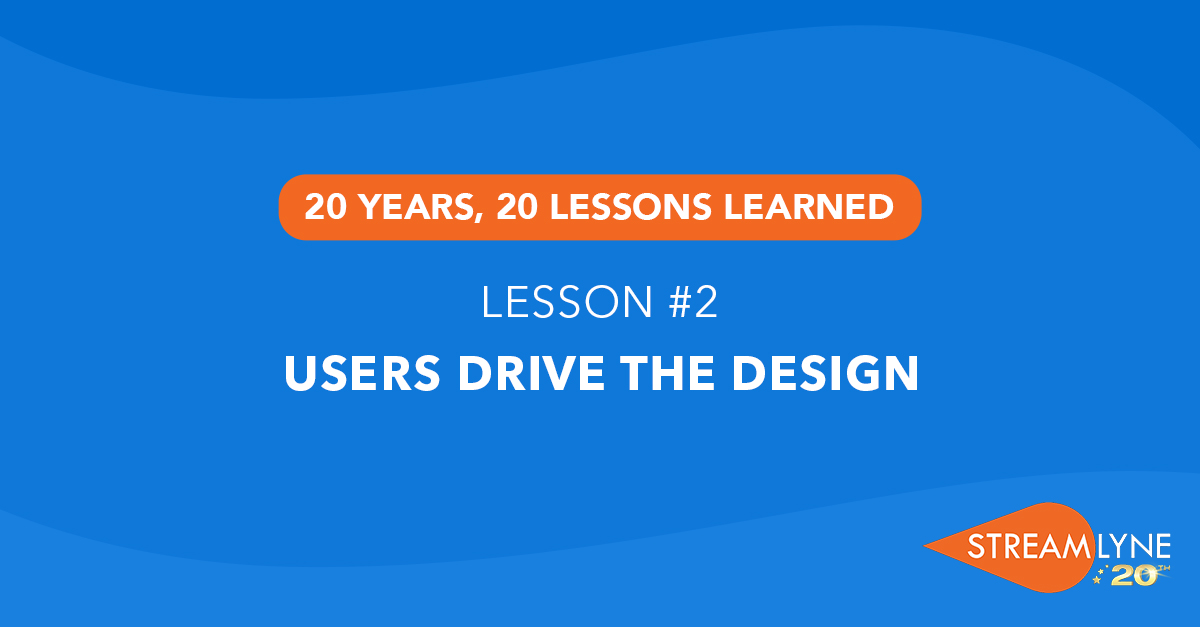
Users drive the design.
Software users know what a successful workflow feels like. The developer’s job is to listen.
Out of this knowledge, a long time ago, we established our own annual user conference. The most popular session each year is the development roadmap, where users have the floor. As developers and users, this time together in the same room is the most valuable in the whole year.
Throughout the session, our users request new features. They express pain points and “wish list” items. They explain what they like best and where things could be even more impactful.
Invariably, as a result, we set new priorities and commit ourselves to ambitious challenges. And each year following, we share the accomplishments from the year, and the process begins anew. Of course, there are ongoing conversations and feedback channels throughout the year too. But this one concentrated session, with everyone in one room, is worth its weight in gold.
Software users know their needs better than anyone. As developers, we just need to listen and act.
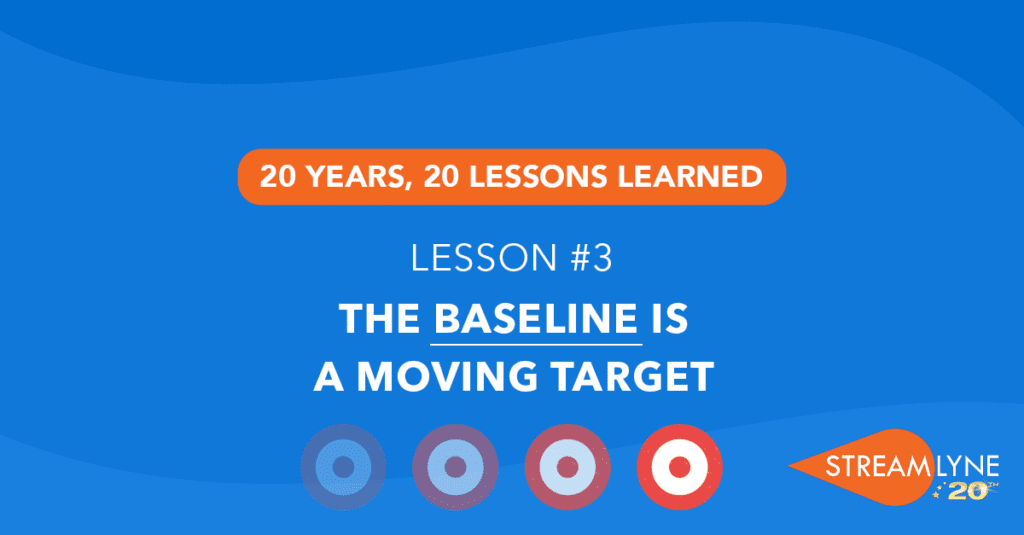
The baseline is a moving target.
Since the year we were founded (2003), the amount of data being produced worldwide has skyrocketed. To be precise, in 2003, there were 5 exabytes (5 billion gigabytes) of data produced worldwide. Last year, worldwide data production exceeded 94 zettabytes (94 trillion gigabytes). So, in our 20 years, global data production has increased to 18,800 times what it had been.
Decision makers and administrators know what information they need, and while an ever-growing stockpile of data can be an asset, it can also be hard to manage. As developers, we need to harness it. And our users depend on us to make it happen. And because the volume of data keeps growing, we have to keep finding new ways to help our users manage it.
When you’re able to access large volumes of data on demand, across an entire software suite, it’s no small feat. When your accessible information grows exponentially year over year, and you don’t experience any impact in performance, there’s magic happening behind the scenes.
The baseline is a constantly moving target, and it’s the system architects, cloud engineers, and specialized developers that have to keep rising to the challenge.
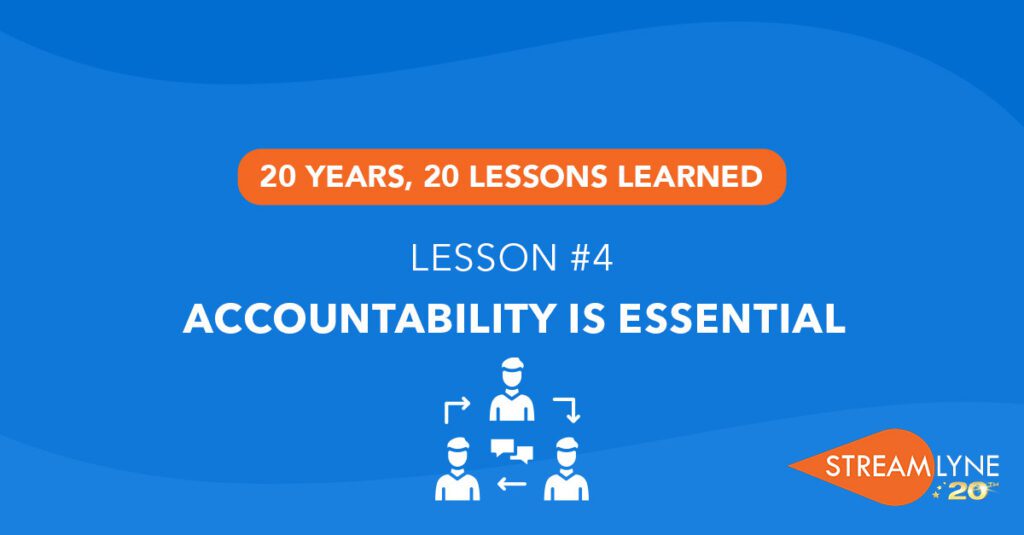
Accountability is essential.
In any industry, accountability is of the utmost importance. As longtime software developers, we hold ourselves accountable for producing the highest quality product possible. There are many reasons for this, one of the most important being that our users adopt our software as part of their accountability strategy.
For example, our partner universities must comply with strict governmental regulations through the use of our software. They must also adhere to institutional policies and demonstrate proper allocation of funding. They also depend on secure data in the cloud, accessible on demand. And since we know what is on the line, we work to keep our products above and ahead of the industry standards.
But our accountability goes beyond this. It is built into our DNA, as we hold our team members accountable for being there for our customers and doing their best work. We integrate our processes so that efforts aren’t made in silos. Everyone here has collaborators that we are accountable to. We help each other to clear roadblocks, champion each other’s success, and push each other to do even better. This is how we’ve been able to create software the likes of which our industry has never before seen, for the benefit of our growing user base.
Accountability is non-negotiable. It is essential. To each other, our clients, our industry, and ourselves.
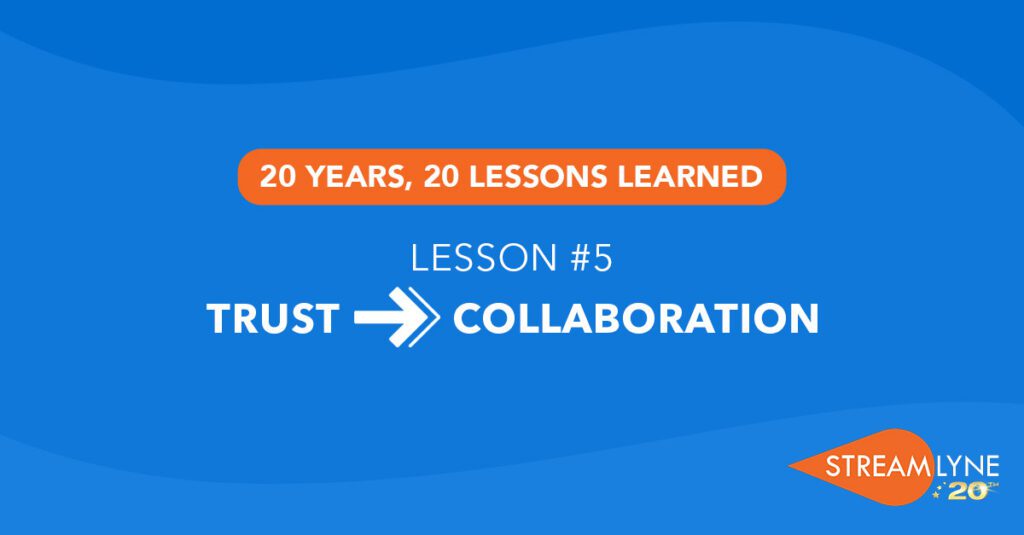
Trust ⇒ Collaboration
True collaboration cannot exist without trust. Our company has seen this lesson play out time and time again over our 20-year history. It is the reason we believe so strongly in facilitating collaboration today.
Although collaboration appears to be a simple concept, it is much more complex in practice. As with any endeavor, there is risk involved. To succeed as collaborators, we must be open to feedback and willing to learn and grow. We must evaluate our contributions to the whole and acknowledge our shortcomings to accept the help of others. This requires practice, humility, and vulnerability – and yes, trust above all else.
As our customers’ collaborators, we work hard to earn and maintain their trust from the moment we connect and throughout our relationship. This trust allows our users to provide valuable feedback, which drives our innovation and challenges us to do better. This understanding has informed the way we develop our software. In addition to managing research throughout the process, our software helps them strengthen their own collaborations and move research forward: interdepartmentally, between institutions, and throughout the entire field of research administration.
Watch for upcoming Lessons Learned here and on our social media channels.
